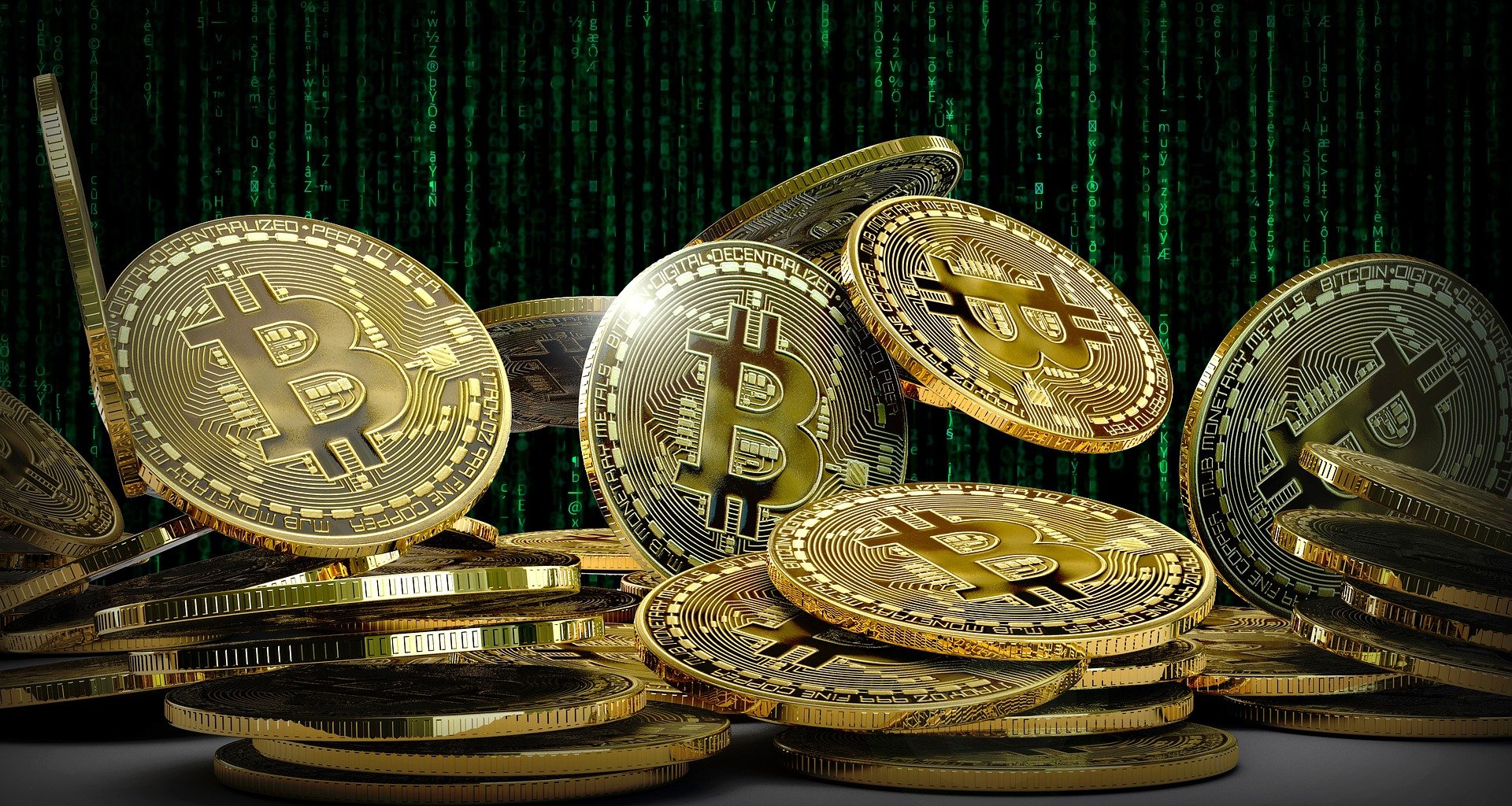El Salvador has experienced a massive loss in its bitcoin holdings. With the price of the world’s number one digital currency by market cap now trading in the low $30,000 range (it was, at one point, trading in the $29K range), it looks like the asset is hitting several road bumps that no digital currency analyst could have predicted.
El Salvador Buys More BTC
At the time of writing, the bitcoin holdings of El Salvador have fallen by roughly 28 percent, but that doesn’t mean anything to the country or to its BTC-loving president Nayib Bukele, who took this opportunity to just purchase more of the asset.
With crypto falling to new lows in recent weeks, it looks like the sentiment has changed from one of fear to one of excitement about potentially growing portfolios. Bukele is taking the latter vision and has now added 500 additional units of bitcoin to his nation’s balance sheet. Risky some might say, but the President has clearly made it known to all how he feels about bitcoin and how much he admires it.
Bukele took to social media to make the following announcement:
El Salvador just bought the dip!
El Salvador became the first country to declare bitcoin legal tender in September of last year. The move was initiated as a means of getting the country away from the U.S. dollar, which it had long been dependent on prior. The journey has been a rough one in the sense that El Salvador has come across a lot of division and stubbornness from outside agencies that have refused to acknowledge the move as anything valid.
For example, the World Bank made it clear that it would not provide any aid to El Salvador given that bitcoin was highly speculative and volatile. With the asset vulnerable to price swings, the organization felt that the nation was making a mistake by declaring bitcoin actual money and refused to offer a helping hand.
This didn’t discourage Bukele. He has started a trend that appears to be picking up heavy traction in other areas that have long been subjected to financial corruption. The Central African Republic, for example, recently became the second country to declare BTC legal, clearly following in the footsteps of its Latin American counterpart.
This Probably Won’t End
Aside from the World Bank, El Salvador has also faced opposition from agencies like the International Monetary Fund (IMF), which practically got on its knees not too long ago and begged El Salvador and Bukele to give up bitcoin forever and turn their backs on the digital currency that so many people have come to trust and love.
Bukele, naturally, rejected their proposition and took to Twitter to poke fun at the agency, making it clear to everyone once and for all that the partnership between El Salvador and BTC was here to stay.



